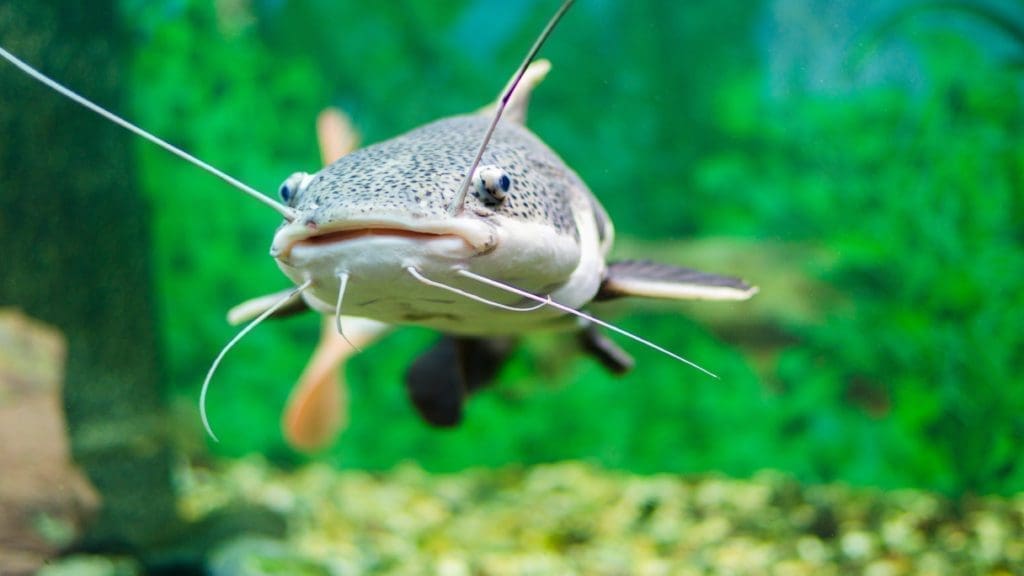Catfishing – is it legal? What’s the state of the law?
Catfishing describes deceptive conduct used by individuals to form relationships with other people online. Frequently, the perpetrator lures the victim into a relationship by means of a fictional online persona. Catfishing frequently describes online dating situations. But it can cover plenty of other virtual relationships.
The term catfishing has been in the English language for decades, but has recently returned to prominence. The most famous example of catfishing involved American football linebacker Manti Malietau Louis Te’o. Te’o pursued a relationship with an individual named Lennay Kekua. The relationship was exclusively online. Te’o never met Kekua. Interestingly, after investigation from various media outlets, it turned out Te’o had been scammed. Kekua’s real name is Ronaiah Tuiasosopo. She is a man. Tuiasosopo used a voice-changing privacy screen to make his voice sound female. Thankfully Tuiasosopo never scammed Te’o of anything of value. Instead, Tuiasosopo was simply infatuated with the football player.

What’s the law?
Obviously this kind of conduct is concerning. Frequently, catfishers scam victims out of time, money, and personal information. The government has repeatedly expressed concern regarding this conduct. Of course, as relationships turn more and more to online beginnings, this conduct gets worse.
In November 2017 Wisconsin legislators proposed a bill criminalizing catfishing. Representative Bob Kulp, a co-sponsor of the bill, introduced it when his friend was nearly defrauded online. The Wisconsin Assembly unanimously passed the bill. But on March 28, 2018 the bill failed to pass pursuant to Senate Joint Resolution 1.
The bill never made it into law.
Proposed penalties:
Catfishing, as originally proposed, would be classified as a Class B misdemeanor offense. With that classification, the crime would have carried a maximum penalty of 90 days in jail, a $1,000.00 fine, or both. The proposed penalty was not very severe, but neither was the conduct. Obviously, once an individual moves into more malicious behavior, catfishing turns into something like identity theft.
Unlawful use of computer communication systems?
Interestingly, the catfishing law, as originally proposed, was to be added to a current provision prohibiting unlawful use of a computer communication system.
The proposed language was:
947.0125 (4) (a) Whoever, with intent to frighten, intimidate, harm, threaten, abuse, harass, defraud, or obtain a benefit, uses a name, voice signature, photograph, or other likeness that does not belong to him or her to post or message on social media, on a social network, or in a message sent on an electronic mail or other computerized communication system, regardless of whether the name, voice, signature, photograph, or other likeness belongs to an actual person, if a reasonable person would believe that the actor is the other person, is guilty of a Class B misdemeanor.
(b) Paragraph (a) does not apply if the person being impersonated under par. (a) is an actual person who has given consent to be impersonated or, in the case of a minor being impersonated, if the minor’s parent or guardian has given consent.
(c) Paragraph (a) does not apply to satire or parody.
Unfortunately for Te’o, Mr. Tuiasosopo’s actions under the proposed law weren’t illegal. Tuiasosopo’s actions didn’t appear motivated by an intent to frighten, intimidate, harm, threaten, abuse, harass, defraud, or obtain a benefit.
When does catfishing become identity theft? Unauthorized use of an individual’s personal identifying information or documents?
The criminal defense attorneys at Van Severen Law Office are very familiar with identity theft charges. Of course, all of our defense lawyers have defended charges based on identity theft issues. So, when does catfishing become identity theft?
Section 943.201 describes a crime called “Unauthorized use of an individual’s personal identifying information or documents.” That statute requires first that the defendant possess the victim’s personal identifying information. Personal identifying information includes the victim’s name, address, telephone number, and “any other information that can be associated with a particular individual through one or more identifiers or other information or circumstances.”
Using this information becomes criminal when it’s to obtain credit, money, goods services. Harming the reputation, property, person, or estate of the victim with this information is also criminal.
Is this the same thing as catfishing? Almost, we believe. But unauthorized use of an individual’s personal identifying information is a Class H felony, punishable by up to 6 years in prison and a $10,000.00 fine. Surely this penalty is much more significant than a Class B misdemeanor.
Contact a top Milwaukee criminal defense lawyer to defend your criminal case.
The criminal defense attorneys at Van Severen Law Office specialize in defending criminal cases. Whether you’ve been charged with disorderly conduct, identity theft, unauthorized use of an individual’s personal identifying information, or any other criminal case, call a top law firm. Surely, a criminal conviction sticks with you for the rest of your life. Without reservation, contact top law firm Van Severen Law Office at (414) 270-0202. Finally, if you have questions about catfishing, give us a call.


